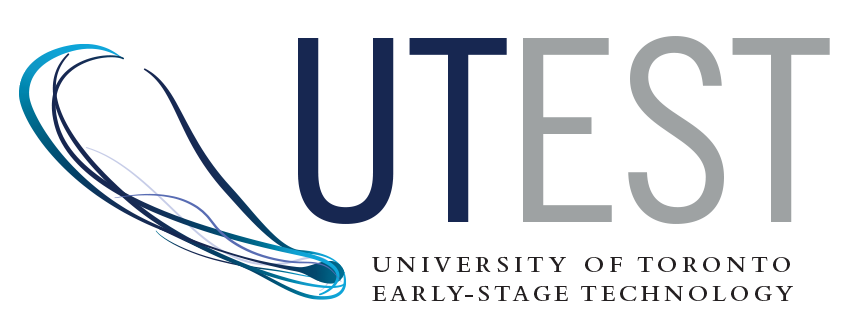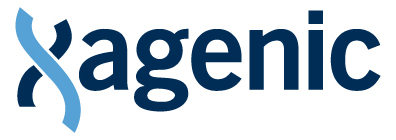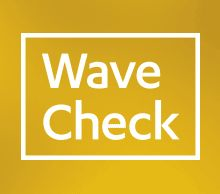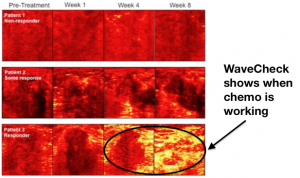Federal government awards the University of Toronto $114-million regenerative medicine grant
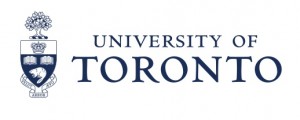 On Tuesday, July 28, 2015, the federal government announced a $114-million grant to cement the University of Toronto‘s position as one of the world’s leading centres for the design and manufacture of cells, tissues and organs to treat degenerative disease.
On Tuesday, July 28, 2015, the federal government announced a $114-million grant to cement the University of Toronto‘s position as one of the world’s leading centres for the design and manufacture of cells, tissues and organs to treat degenerative disease.
This announcement was covered in The Globe & Mail and Lab Products News, and by CBC.ca, CTV News and Global TV. MaRS Innovation was specifically mentioned as a commercialization partner in the Toronto Star‘s coverage.
As the university’s commercialization agent, MaRS Innovation welcomes this news and the downstream companies and technology licenses it will create. The Honourable Ed Holder, Minister of State (Science and Technology), made the announcement.
The funding will allow U of T, in partnership with its research partners and fellow MI members — The Hospital for Sick Children, the University Health Network and Mount Sinai Hospital — to conduct transformational research and clinical translation in regenerative medicine, enhance capability in synthetic biology and computational biology and foster translation, commercialization and clinical impacts.



